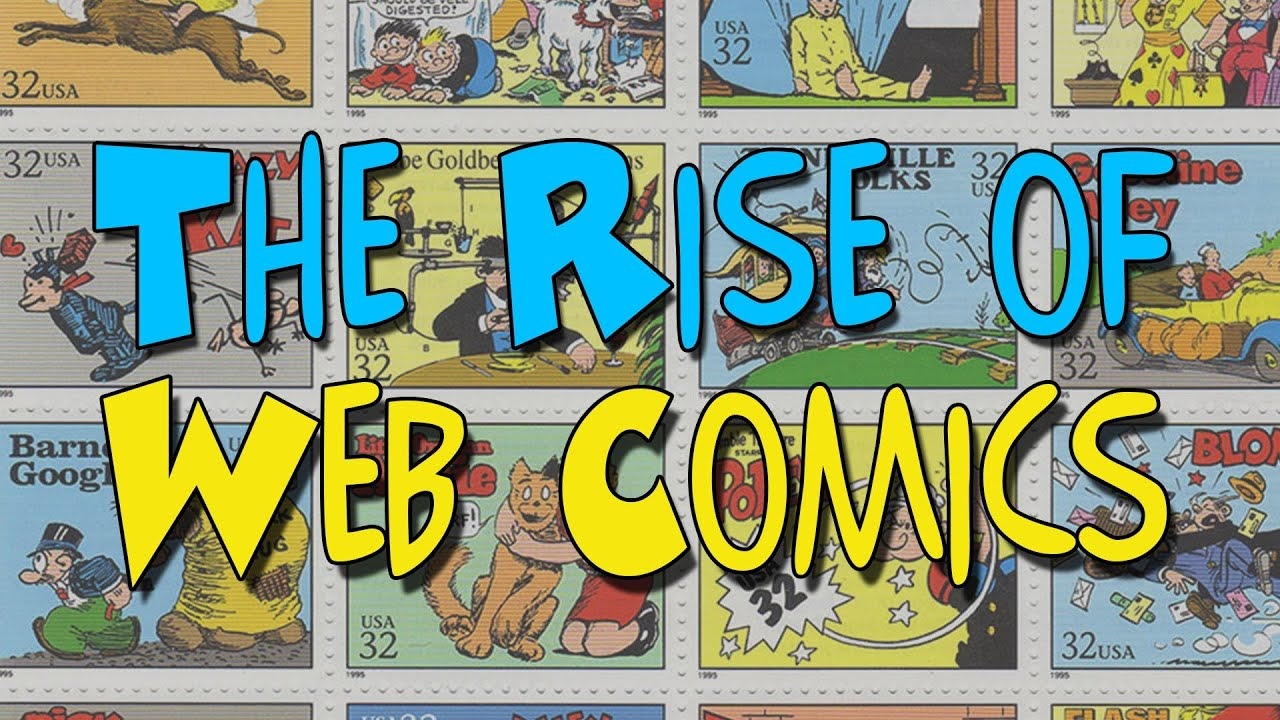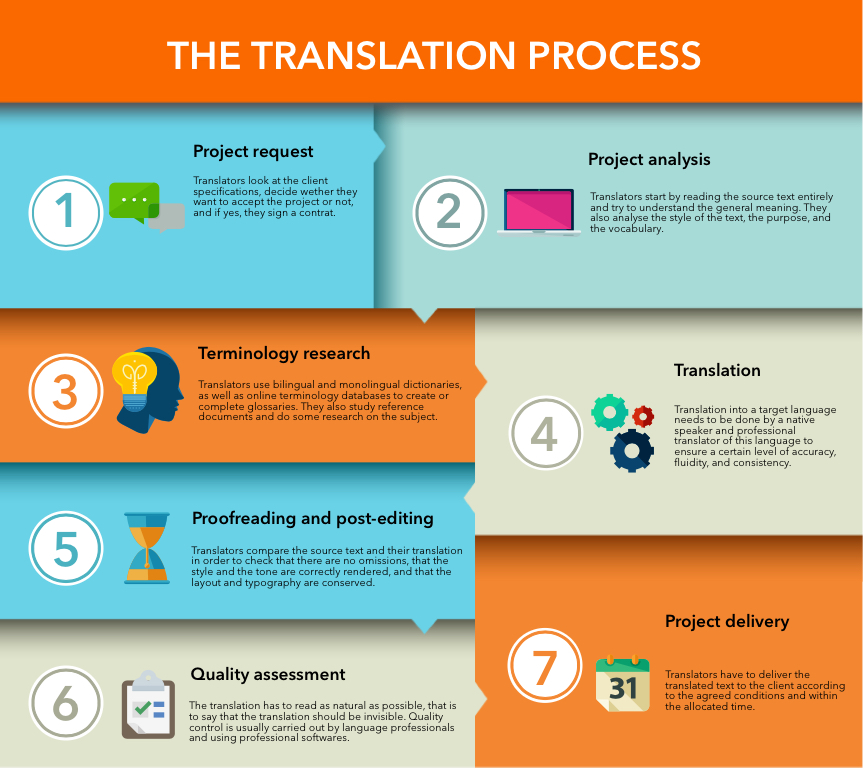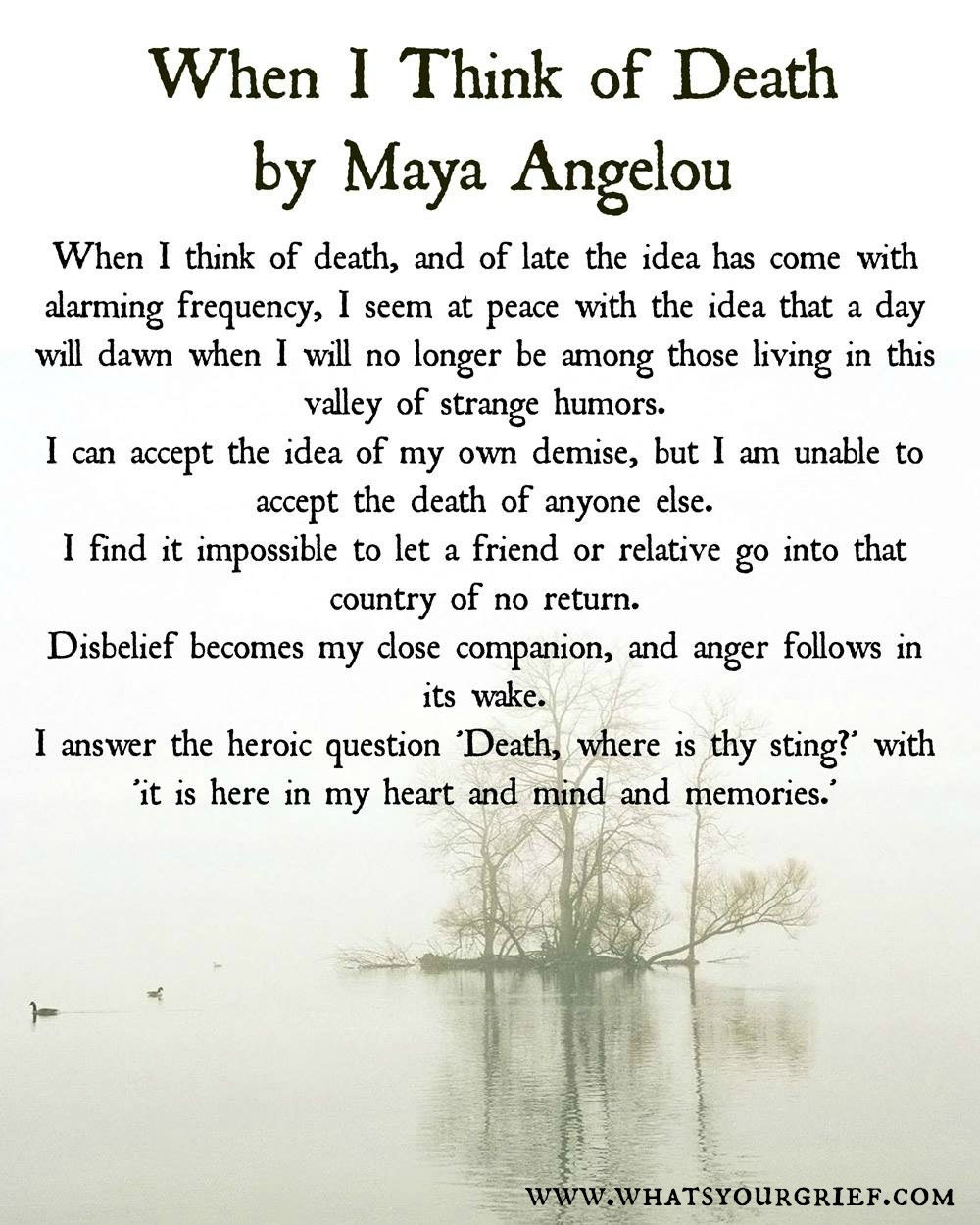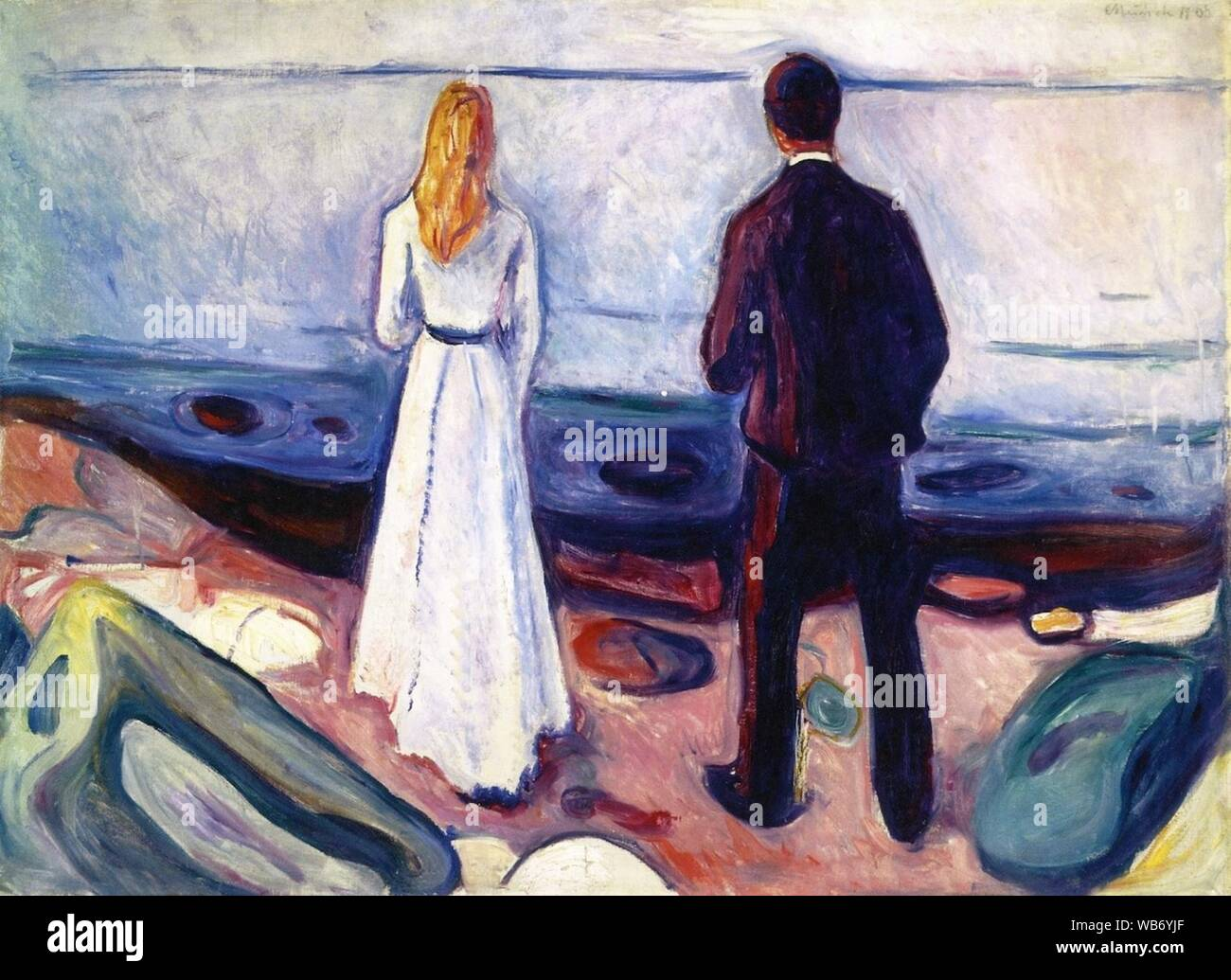How has the internet changed fiction? This question resonates deeply as we navigate the impact of the internet on literature in our modern society. The advent of digital platforms and social media has revolutionized fiction in the digital age, reshaping reading habits and technology. Once reliant on traditional publishing houses, writers now have a direct line to their audience, enabling storytelling like never before. Yet, alongside these advancements, concerns arise about how eBooks and modern fiction can sometimes sacrifice the intimate connection and complexity that defined earlier literary works.
The transformation we observe in contemporary storytelling reflects broader shifts in how narratives unfold in the age of the web. Rather than just consuming literature, readers now engage with text on a multi-dimensional level, influenced by the myriad of options available online. This evolution has fostered a new breed of writers, who harness the immediacy of social media to experiment with their craft and reach diverse audiences. As technology continues to influence our interactions with stories, it becomes clear that exploring the intricacies of fiction in today’s world is essential to understanding our cultural landscape.
The Internet’s Impact on Literature
The internet has fundamentally transformed the landscape of literature and fiction, leading to what some call the ‘digital age of storytelling.’ In this era, readers are not just passive consumers of literature but are actively involved in discussions about narrative and character development on social media platforms. This shift has resulted in a profound change in how authors perceive their audience. Writers now often grapple with the expectations of a collective readership that is always online and prone to instant feedback. This can lead to a shift in the depths of narratives, as many authors might feel they need to cater to trending preferences rather than exploring more complex or controversial topics.
Moreover, the accessibility of literature has increased with the advent of eBooks and online literary platforms. Many writers are leveraging these digital spaces to reach broader audiences, allowing for diverse storytelling approaches that might not fit traditional publishing models. The rise of self-publishing platforms also means that more voices can be heard, providing fresh perspectives that enrich the literary canon. However, the challenge remains for writers to navigate this interconnected world while maintaining the integrity and privacy of their creative expression.
Readers as Audiences: Changes in Engagement
The way we read and engage with fiction has dramatically evolved. With the internet, readers have transformed from solitary bookworms into public audiences whose opinions can sway entire literary careers. Social media platforms enable readers to express their tastes and critiques instantly, shaping the visibility of authors and their works. This democratization of voice means that an unknown debut author can gain traction overnight if their work resonates with the right social media influencers or goes viral. Yet, this change also brings the risk of ‘groupthink,’ where unique and challenging narratives may be overshadowed by works that simply cater to popular trends.
Additionally, as engagement with stories becomes more communal, the depth of individual reading experiences might suffer. The feedback loop of likes and shares can dilute the once-personal journey of reading, reducing the space for contemplation and emotional connection. Writers are now tasked with the challenge of igniting a personal conversation within this noisy public discourse, aiming to strike a balance between storytelling that challenges societal norms and the desire for immediate affirmation from their audience.
Navigating Fiction in the Digital Age
In the digital age, fiction writers find themselves equipped with myriad tools that can both enhance and complicate the writing process. The ease of research online allows for richer narratives filled with accurate details, as writers can access archives, articles, and resources with minimal effort. For instance, contemporary authors can delve into historical records or current events without the hours spent in libraries that earlier generations faced. This accessibility fosters a depth of storytelling that can resonate with modern experiences, making fiction more relevant to today’s readers.
Conversely, the flip side of this technological boon is the potential for distraction. Writers may struggle to maintain focus amid the constant barrage of online content vying for their attention. The internet offers a plethora of voices and information, which while enriching could also overwhelm a writer’s original instinct or narrative vision. Therefore, today’s fiction writers must learn to harness the power of digital tools responsibly, using them to enhance their storytelling without compromising the emotional core of their work.
Social Media’s Influence on Storytelling
Social media platforms have revolutionized how stories are shared and consumed. Writers often find themselves creating narratives that reference current online trends, incorporating elements that resonate with a social media-savvy audience. The interactive nature of platforms like Twitter and Instagram allows for storytelling to become a collaborative experience, where readers can influence character developments or plot twists through their engagement. This form of storytelling brings a dynamic quality that can enhance reader investment in a narrative.
However, this constant engagement raises questions about the authenticity of stories being told. Are authors staying true to their visions, or are they merely catering to the whims of public opinion? The desire to create content that garners quick attention may lead some writers to simplify complex narratives in favor of what is more likely to be shared online. Thus, while social media can be an incredible tool for building community and finding followers, it can also lead to a pressure that detracts from the rich tradition of storytelling that prioritizes depth and emotional truth.
The Evolution of Reading Habits with Technology
The advent of technology and the internet has reshaped not only how we create stories but also how readers consume them. Gone are the days of quiet afternoons spent in libraries; contemporary readers often find it challenging to dedicate uninterrupted time to immerse themselves in a book. The convenience of quick online articles and videos has caused reading habits to shift, leaning towards shorter forms of content that can be digested in fleeting moments. This rapid consumption of information can hinder the development of deep analytical skills that traditional reading fosters.
Simultaneously, there’s a silver lining in this evolution. The rise of eBooks and audiobooks has made literature more accessible to a diverse audience. Readers with busy schedules can now ‘read’ while commuting or exercising, ensuring that stories can be part of their daily lives in ways they hadn’t been before. While the medium has shifted, the essence of storytelling remains — it is up to creators to adapt their narratives to fit this new context, allowing their work to reach audiences who are more dispersed than ever.
eBooks and Their Role in Modern Fiction
eBooks have become a transformative element in modern fiction, offering unprecedented access to literature for millions. The convenience of eBooks means that readers can carry entire libraries in their pockets, making reading more accessible and often more affordable. Additionally, the ability to download books instantly allows readers to dive into new stories without delay, which is particularly appealing in a fast-paced digital world. Furthermore, the interactive features of many eBook formats can enhance engagement, allowing readers to highlight passages, take notes, and share insights with others instantly.
However, the rise of eBooks also poses challenges for traditional publishing. Authors are now more pressed to stand out in a crowded market, where the barriers to publishing are lower than they’ve ever been. This accessibility can flood the market with less polished work, making it harder for readers to discern quality literature amidst the noise. Ultimately, while eBooks democratize access to stories and ideas, they also modify the landscape of author-reader relationships, pushing writers to innovate and push boundaries to capture their audience’s attention.
The Balancing Act of Research and Authenticity
The internet serves as a double-edged sword when it comes to research for fiction writing. On one hand, it allows for quick and easy access to a wealth of information that can enhance narratives, adding a layer of realism to characters and settings. Authors can conduct in-depth research from the comfort of their homes, accessing archives and databases that would have required hours of legwork in the past. This newfound ability can lead to more nuanced and layered storytelling, as writers integrate factual insights into their fictional works.
On the other hand, the ease of finding information online might lead to a superficial understanding of complex issues. Writers can fall into the trap of relying too heavily on skimming articles rather than engaging with more comprehensive sources or real-life experiences. This risk can affect the authenticity of their storytelling, potentially narrowing the richness of their characters’ experiences. Therefore, writers must remain vigilant in balancing the abundance of quick online information with the depth of genuine research that includes personal interactions and firsthand accounts.
Finding Emotional Truth in a Digital World
In an age where technology dominates communication, finding emotional truth in fiction requires dedicated effort from writers. While the internet connects us, it can also create barriers to genuine emotional experiences. Effective storytelling hinges on the ability to evoke feelings and empathy, modes of connection that can be challenged by the often impersonal nature of online interactions. Authors must strive to capture the subtleties of human emotion and experience, drawing from personal wellsprings of truth that resonate with readers on a deeper level.
Moreover, the challenge for writers is to cut through the noise of the digital world, where fleeting trends and superficial connections can overshadow profound emotional narratives. Realistic character development relies on exploring complexities that transcends quick online feedback. By grounding their narratives in authentic human experiences, writers can create fiction that not only reflects the realities of today’s society but also speaks to timeless elements of the human condition, fostering lasting connections with their readers.
The Future of Fiction in a Hyper-Connected Age
As technology continues to shape our lives and perceptions, the future of fiction remains a topic of intense discussion among writers and literary scholars. The rapid pace of advancements means that authors must be agile, adapting their styles and methods to remain relevant in an ever-changing landscape. Fiction may become increasingly interactive, blending traditional narratives with multimedia elements, as authors find new ways to engage readers. Such innovations could enrich the storytelling experience, blending text with visual art, music, and even augmented reality.
However, the challenge will be to maintain the core values of storytelling in the face of these technological shifts. As writers embrace new platforms and formats, they must remain vigilant against losing the depth and introspection that define great literature. Readers will always seek narratives that resonate emotionally and challenge perceptions, and it is this balance that will guide the evolution of fiction. Ultimately, the enduring power of storytelling will thrive when grounded in genuine exploration of the human experience, regardless of the medium through which it is delivered.
Frequently Asked Questions
How has the internet changed fiction and storytelling?
The internet has revolutionized the way fiction is created, shared, and consumed. Social media platforms have transformed readers into audiences, altering traditional notions of taste and critical analysis. Writers now navigate a landscape where public opinion can overshadow private truths, affecting the authenticity of storytelling. This shift reflects the broader impact of the internet on literature, pushing authors to balance personal expression with mass appeal.
What is the impact of the internet on literature and reading habits?
The impact of the internet on literature is profound, as it has changed readers’ habits, emphasizing shorter attention spans and instant access to information. Digital platforms and eBooks have made reading more accessible, but they also compete for time, often distracting readers. The ease of online research has enriched storytelling, allowing for deeper and more varied narratives, but authors face the challenge of maintaining depth and emotional truth amidst the noise of digital content.
How does social media influence storytelling in the digital age?
In the digital age, social media significantly influences storytelling by shaping audience expectations and preferences. Writers often find themselves tailoring their narratives to engage a public audience, relying on social validation rather than personal conviction. This environment can dilute the complexities of fiction, as stories may cater to sensations that garner likes and shares, impacting the depth and authenticity that fiction traditionally offers.
What role do eBooks play in the evolution of modern fiction?
eBooks play a crucial role in the evolution of modern fiction, offering unprecedented accessibility and convenience for readers. They allow authors to reach wider audiences quickly and cost-effectively, transforming publishing dynamics. However, while eBooks facilitate reading opportunities, they also contribute to shifts in reading habits, as users may incline towards shorter formats and diverse content over traditional long-form narratives.
In what ways have reading habits changed with the advent of technology?
With the advent of technology, reading habits have shifted significantly. Many readers now opt for digital formats, leading to fragmented attention and shorter reading durations. Online distractions compete with literature, making it harder for people to engage in prolonged reading experiences. While technology facilitates easier access to diverse literary materials, it simultaneously challenges the immersive nature of reading, compelling authors and publishers to adapt their approaches.
Can the internet coexist with traditional literary forms in storytelling?
Yes, the internet can coexist with traditional literary forms in storytelling. While it introduces new methods and platforms for sharing narratives, it also provides tools for research and audience engagement that can enhance traditional writing. Authors can leverage online resources to enrich their storytelling and gain insights into contemporary issues, blending new media with classic literary techniques to create compelling narratives that resonate with today’s readers.
What challenges do writers face in the digital age regarding authenticity in fiction?
In the digital age, writers face the challenge of authenticity in fiction as they navigate the pressures of public opinion and instant feedback on social media. The desire to appeal to larger audiences can lead to diluted personal expression, as writers might prioritize marketable concepts over their genuine voice. This tension risks undermining the private truths that are essential for creating impactful and meaningful fiction, highlighting the struggle between commercial viability and artistic integrity.
How has the perception of readers shifted in relation to fiction in the digital age?
The perception of readers has shifted significantly in the digital age, as they have transitioned from passive consumers of literature to active participants in the conversation surrounding it. Social media has transformed readers into audiences with communal tastes, affecting how they discover and engage with fiction. This shift emphasizes collective influence over individual preference, complicating the relationship between authors and their readership while shaping the future of storytelling.
Are there any benefits to the internet’s impact on fiction and literature?
Yes, there are notable benefits to the internet’s impact on fiction and literature. Enhanced accessibility through eBooks and online resources fosters readership, allowing diverse voices and stories to emerge. Writers can conduct research efficiently and connect with readers directly, fostering communities around literature. Additionally, social media can serve as a platform for grassroots promotion, enabling new authors to gain visibility and engage authentically with their audience in ways traditional publishing could not facilitate.
What is the significance of maintaining emotional truth in narrative amidst digital distractions?
Maintaining emotional truth in narrative amidst digital distractions is crucial for effective storytelling. In an era where superficial engagement often prevails, fiction’s power lies in its ability to convey complex human experiences and emotions. Authors who succeed in preserving deep emotional connections can create more resonant narratives that evoke empathy and reflection. This commitment to authenticity helps counterbalance the fleeting nature of digital content, ensuring that readers find meaningful resonance and understanding within the stories they consume.
| Key Points | Insights from Writers |
|---|---|
| Change in Audience Perception | Greg Jackson expresses that readers have transitioned from being solitary readers to audiences influenced by social media, affecting how writers engage with their audience. |
| Impact on Plot Devices | Jennifer Finney Boylan notes that traditional plot devices centered around characters being lost are less relevant in an age of constant connectivity. |
| Research Efficiency | Scott Turow and Julie Orringer highlight how the internet has made research more accessible, allowing for deeper and faster information gathering. |
| Emotional Connection | Min Jin Lee emphasizes that despite the rapid consumption of information online, fiction retains the unique capability to convey emotional truths. |
| Knowledge Expansion vs. Depth of Reading | Andrè Aciman points out that while the internet provides quick information, it often lacks the depth and enduring impact of books. |
| Limitations of Online Research | Yxta Maya Murray reminds us that some human experiences can only be captured through direct interactions, underscoring the importance of face-to-face storytelling. |
Summary
How the internet changed fiction is a profound transformation that has impacted both the writing process and reader engagement. As discussed by various writers, the rise of social media has turned traditional readers into audiences whose tastes are often shaped by mass opinion rather than personal preference. While the internet offers unparalleled access to information and aids in research, it also presents challenges as it may detract from deep reading experiences. Furthermore, writers express concern that the pressure to conform to public expectations may overshadow the authentic storytelling that fiction uniquely provides. Despite these challenges, the enduring nature of fiction points to its capability to explore emotional truths and deepen our understanding of the human condition.



